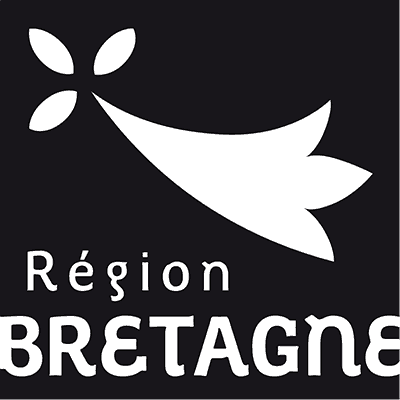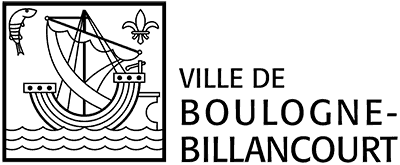Can Decreix
Description
Can Decreix est un lieu d’expérimentation collective, de réflexions, d’engagement sociétal et d’art autour de la décroissance et de la simplicité volontaire.
Informations générales
Adresse : 66290 Cerbère, France (voir sur une carte)
Types d'organisations : Association / ONG, Ferme, Ecole / Etablissement d'enseignement supérieur, Indépendant·e, Tiers Lieux


